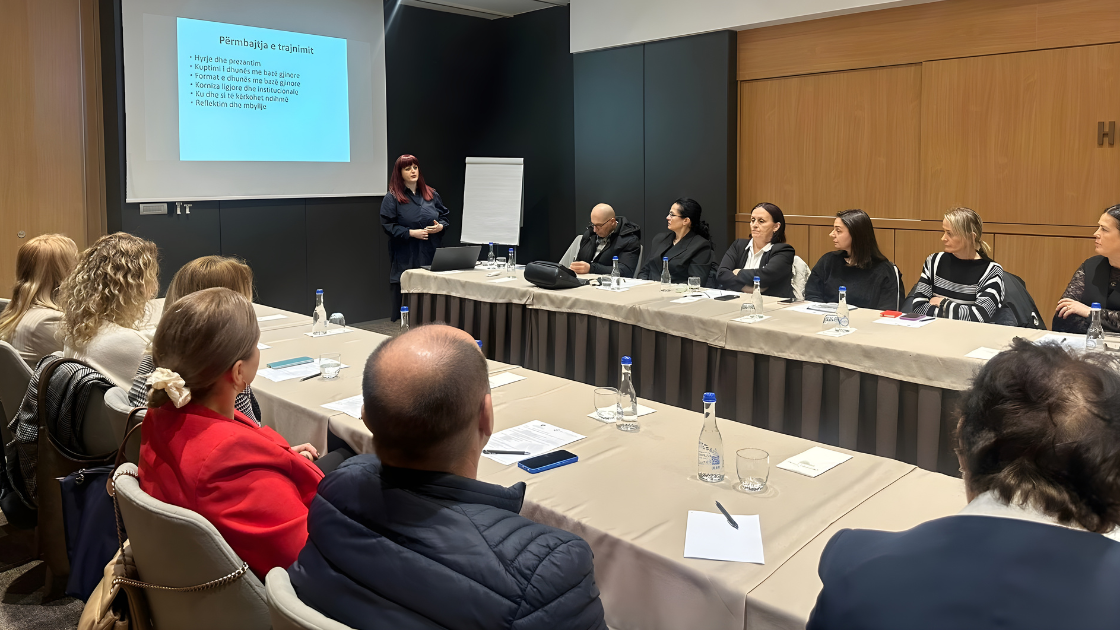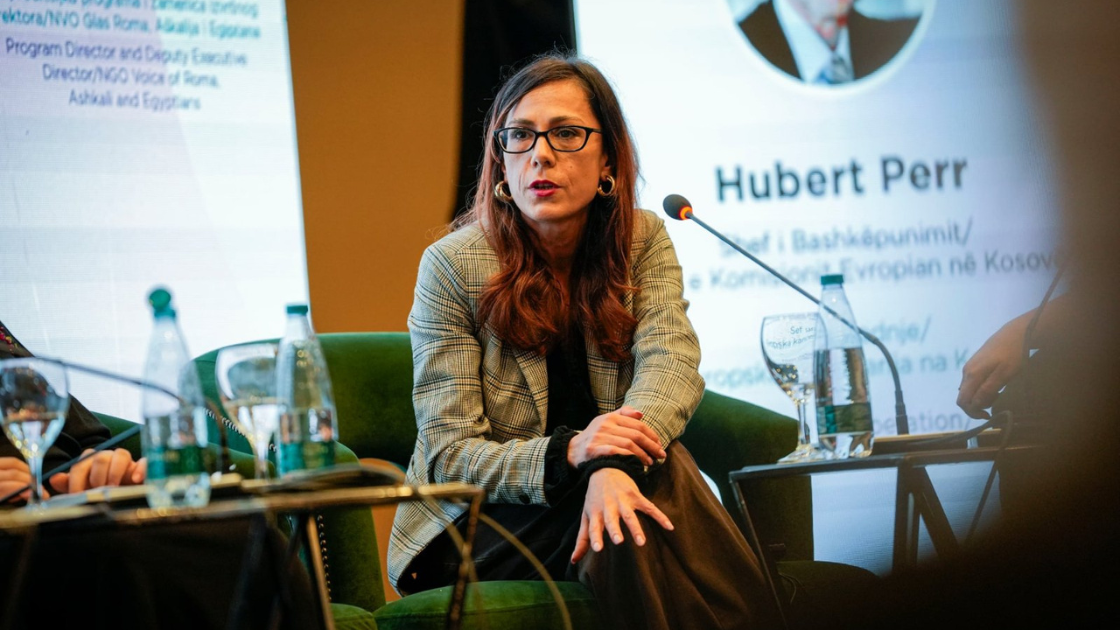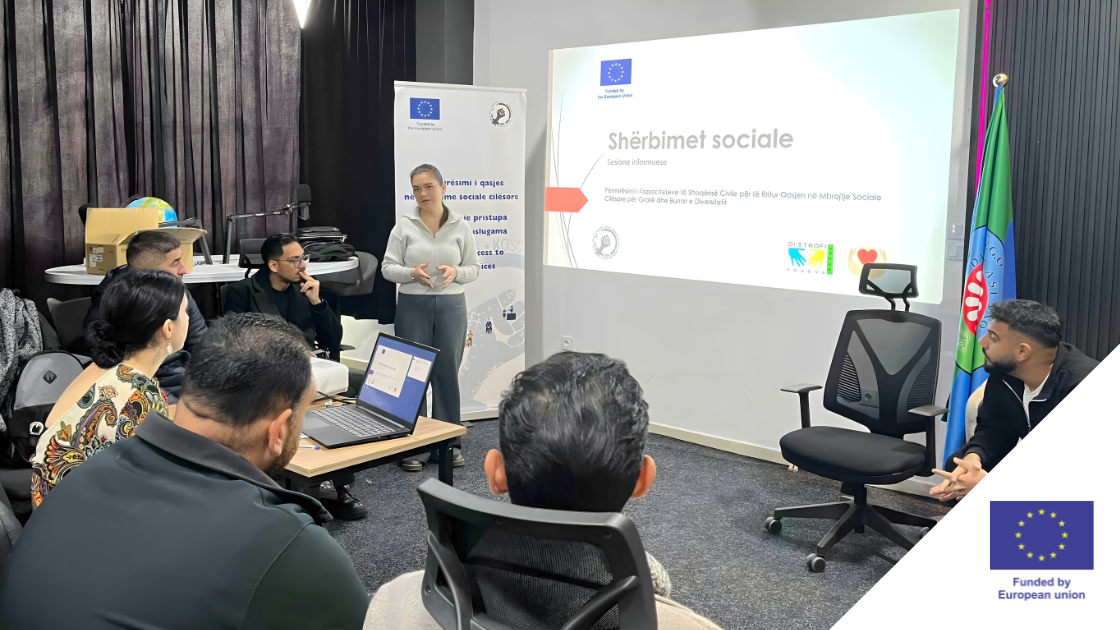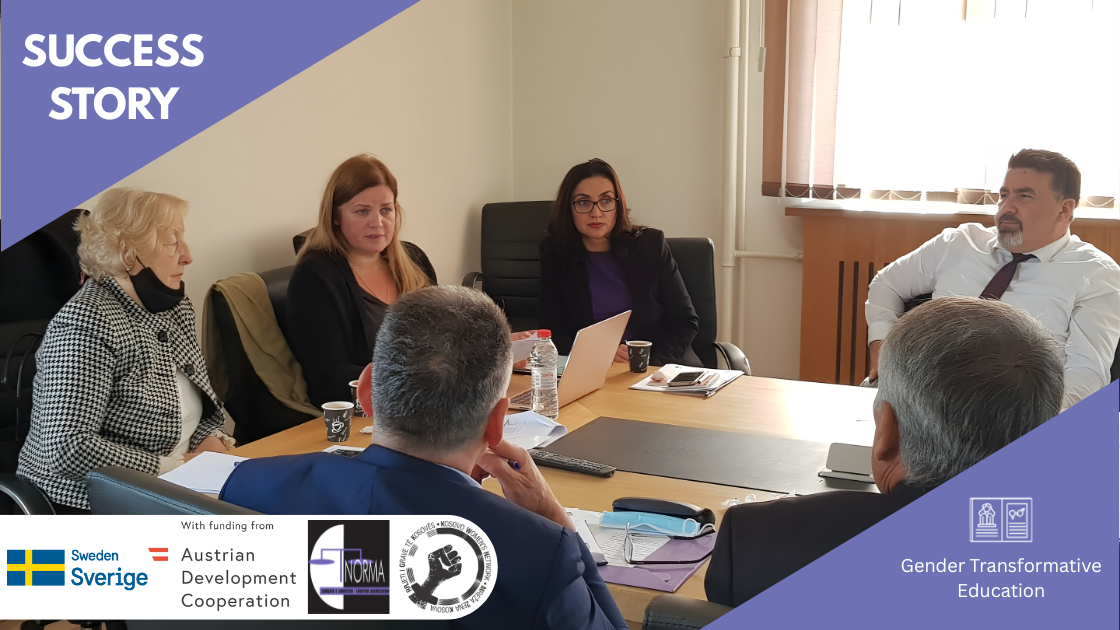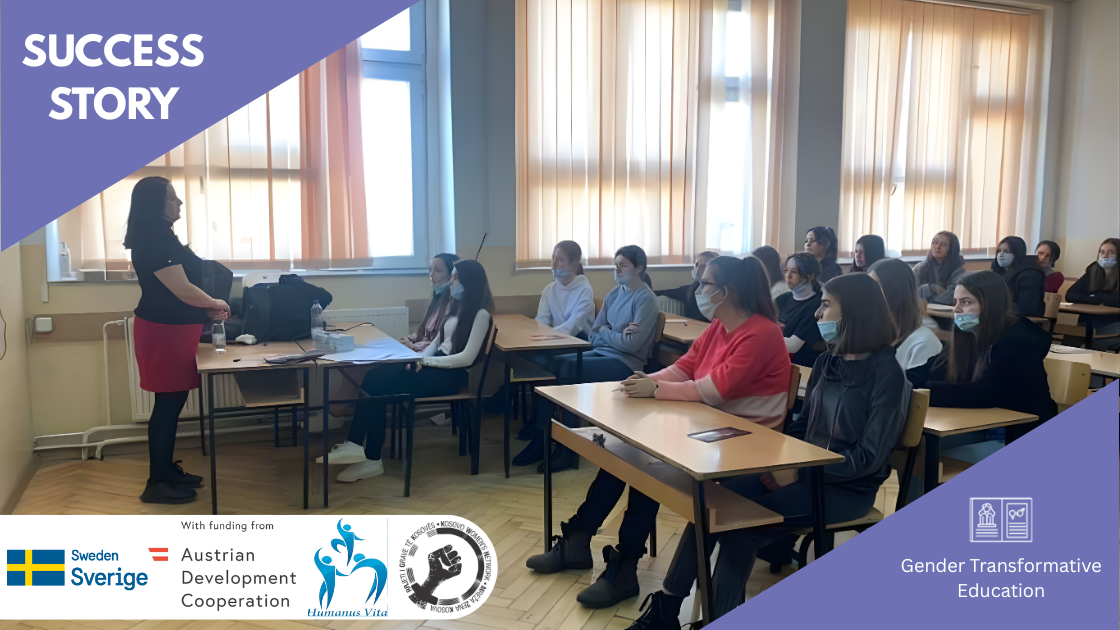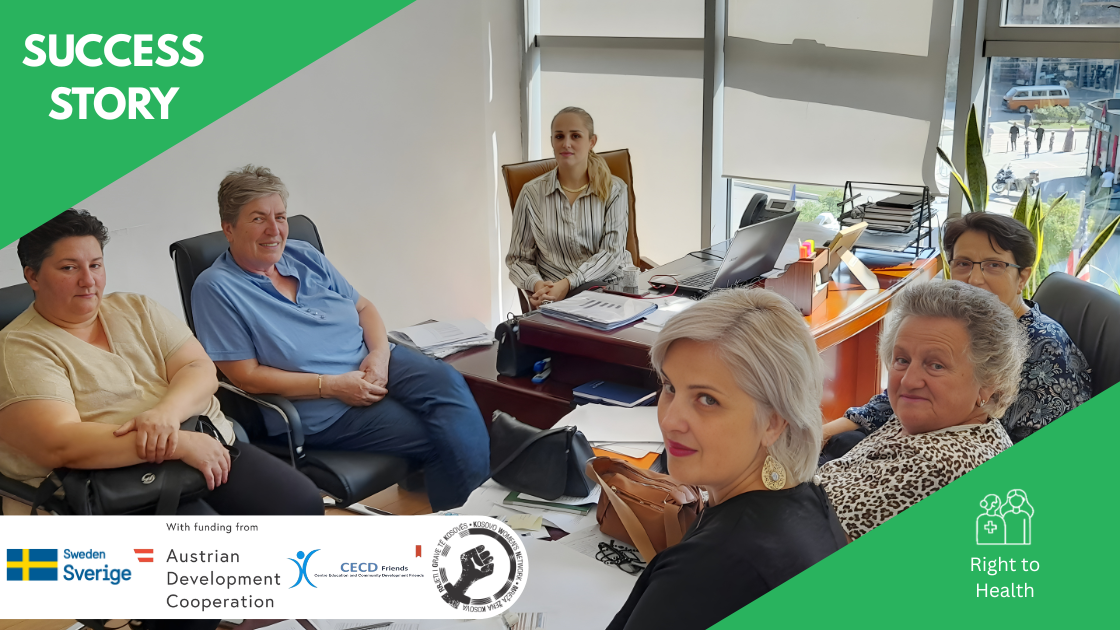On 16 September 2015, political entities of the Republic of Kosova signed the Declaration on the Inclusion of Women in Electoral Management. The ceremony was organized by the Institute Democracy for Development (D4D).
By signing this Declaration, political entities have commited to tackle the issue of gender inequality in electoral processes. While this Declaration was signed by representatives of 10 political entities that attended the ceremony, it will be open for signature for one month, enabling others who could not be present today to sign it.
The signed declaration aims to increase women’s participation in electoral management bodies from the national level, local level and in the polling stations. At the national level, it aims at achieving a participation of no less than 40% and up, until there is equal gender participation for both genders. Further, the declaration entails the commitment of political entities for producing strategies and plans for increasing women’s participation and improving the gender structures inside parties.
The signing of the Declaration on the Inclusion of Women in Electoral Management is an activity that D4D has developed in cooperation with International Foundation for Electoral Systems (IFES), funded by United States Agency for International Development (USAID) and aims to raise awareness of society on benefits of equal gender participation in electoral processes.
Additionally to the political entities, representatives of institutions, accredited embassies in Kosovo, international organizations and civil society, including Kosovo Women’s Network (KWN), were also present at the ceremony of signing the declaration.


